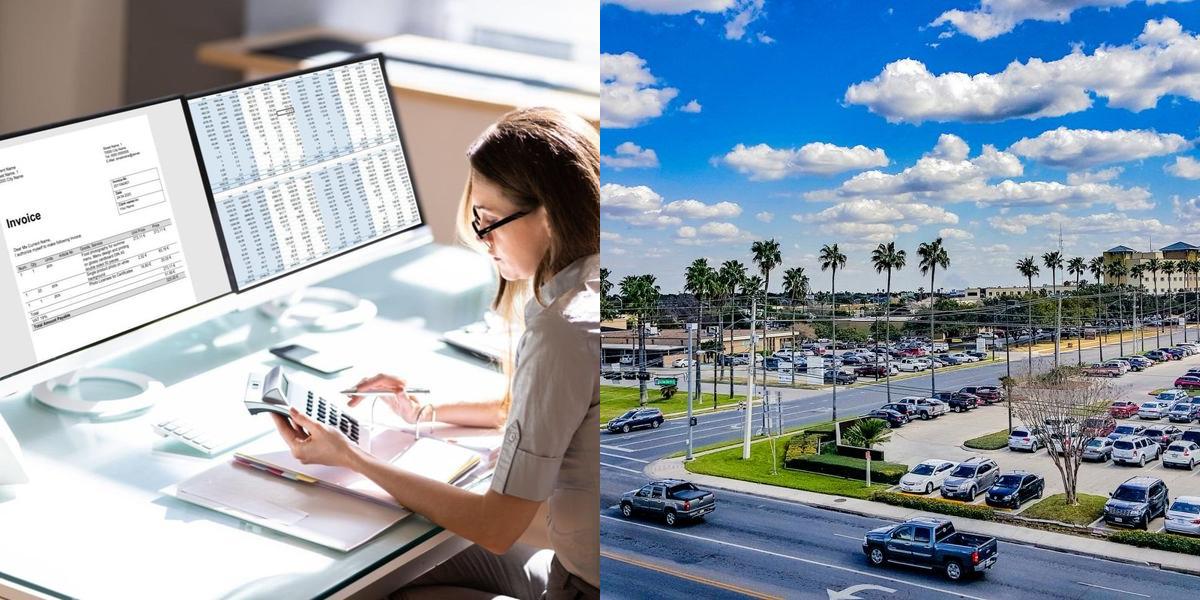How to Become a Medical Biller and Coder in Texas (2024)

Embarking on a career as a Medical Biller and Coder in the Lone Star State? This rewarding profession is one of the leading careers in the healthcare industry! They are the bond in between patients, healthcare providers, and insurance companies. Let's explore the key aspects you need to know about becoming a Medical Biller and Coder in Texas.
-
Medical Billers and Coders are the unsung heroes in managing critical patient data, ensuring accurate billing, and coding for medical procedures and diagnoses.
-
To become a Medical Biller and Coder in Texas, you'll need to complete an accredited training program, typically offered at community colleges or vocational schools.
-
The length of a Texas-based Medical Biller and Coder program varies, most can be completed in 1 to 2 years and can have a base cost of $1,000. Cost can get higher if books and equipment are added.
-
In Texas, the salary range for a Medical Biller and Coder is competitive and is around $31,090 to $68,510.
Pros of becoming a Medical Biller and Coder
- A lot of Dreambound students like medical billing and coding because of opportunities to work from home
- You still get to work in the healthcare field without having to do difficult clinical work, which isn't for everyone
- Short certification/diploma process that allows you to break into healthcare quickly for low-cost
Cons of becoming a Medical Biller and Coder
- It's a fast-paced, intense job. Sometimes there are quotas for how much work you have to do a day, and that can be a high-pressure environment
- If you want to do clinical work, you won't have the opportunity to do so in this role
- High automation risk - with AI, it's possible that medical billing and coding will be automated away versus clinical roles
How do I get a job as a Medical Billing and Coding?
It can be hard to break into the medical billing and coding field as an entry-level employee, but there are many opportunities available.
To get a job as a medical biller and coder, you can search for openings at healthcare facilities, insurance companies, or billing service providers. Networking, internships, and attending industry events can also help you connect with potential employers. Your school should also have some connections and employer partners who are actively hiring.
Career Paths and Opportunities after Becoming a Medical Billing and Coding
With a medical billing and coding certification, you can pursue a variety of career paths, including working as a medical biller, medical coder, billing manager, or even starting your own medical billing and coding service.
Frequently Asked Questions
How much does a medical biller coder make in Texas?
The mean annual salary for a medical biller coder in Texas is approximately $48,030, $23.09 per hour as of 2023, according to data from the Bureau of Labor Statistics.
Do you have to be a fast typer to be a medical coder?
Speed is not the primary requirement for a medical coder. While efficiency is important, the emphasis is more on accuracy and attention to detail. You also need to be proficient in medical terminology and coding systems to succeed in this role.
Do you need a medical degree to be a medical coder?
No, you do not need a medical degree to become a medical coder. Typically, a post-secondary certificate or associate's degree is required, and certification through the American Academy of Professional Coders (AAPC) is also highly recommended.
Is medical coding memorization?
Medical coding does require memorization, but it's also about understanding medical terminology, anatomy, procedures, and coding systems. Continuous learning and staying updated with changes in medical codes is a critical part of the job.
Final Thoughts
Becoming a medical biller and coder in Texas can be a rewarding and in-demand career path. By completing the necessary education and certification requirements, you can open the door to a variety of job opportunities in the healthcare industry.

Athena is Co-founder and CEO of Dreambound.




